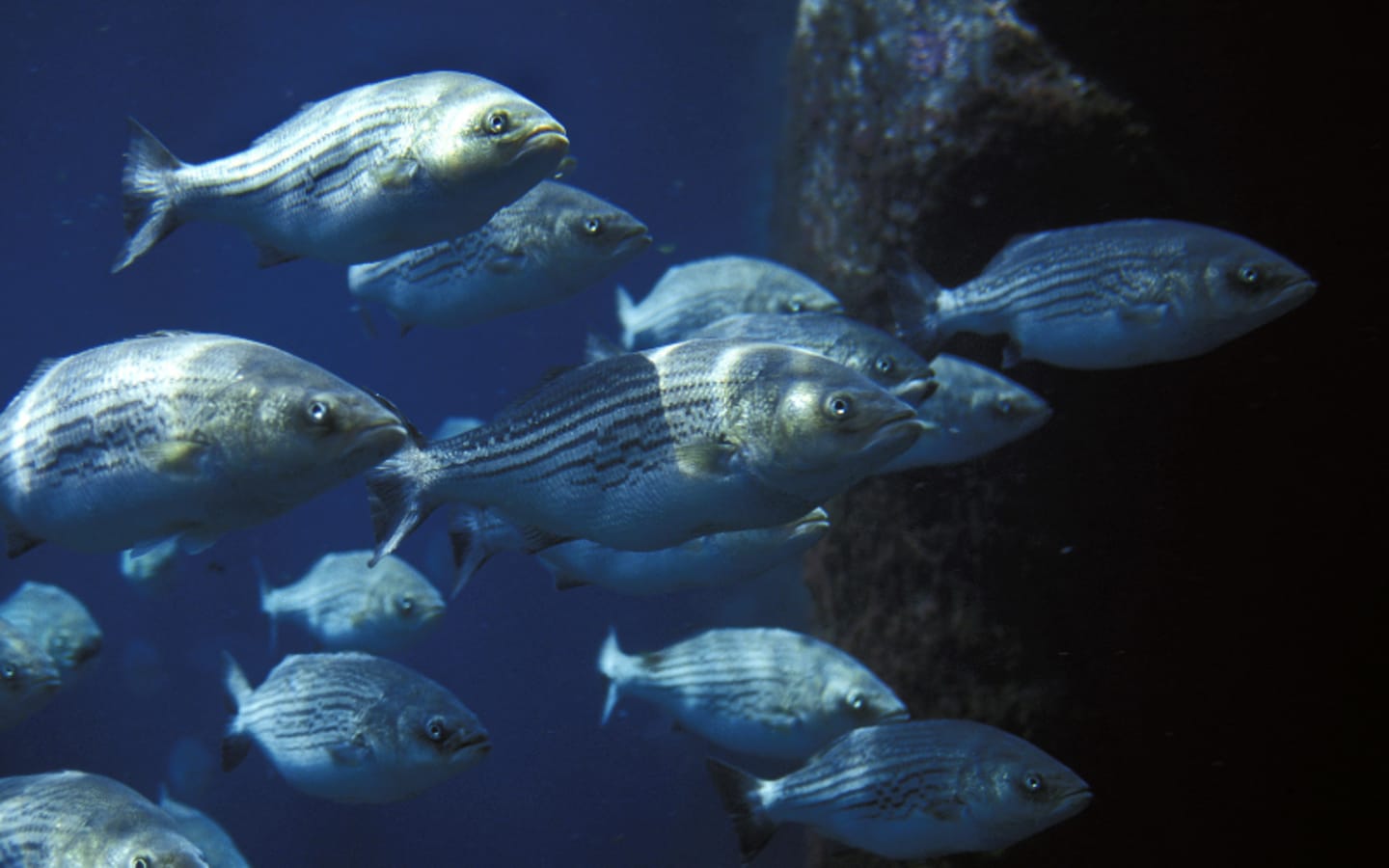In a bold move that’s got fishermen from Maine to Florida fired up, the Delmarva Fisheries Association, along with 14 other fishing groups, has slapped a federal lawsuit against the Atlantic States Marine Fisheries Commission (ASMFC), the U.S. Department of the Interior, the U.S. Fish and Wildlife Service, and the U.S. Department of Commerce. Filed in the U.S. District Court for the District of Columbia, the lawsuit takes aim at what these groups call overly tight striped bass fishing rules that are squeezing the life out of a $7.7 billion industry. The timing couldn’t be more critical, as the Chesapeake Bay striped bass season kicks off, shining a spotlight on the tensions between fishermen and regulators.
The heart of the issue lies in regulations that fishermen say are choking their ability to make a living. These rules, set by the ASMFC and backed by federal agencies, include strict catch limits, like a one-fish-per-day rule for charter boats, which the plaintiffs argue are way too restrictive. These limits don’t just affect the Chesapeake Bay but stretch across 15 Atlantic coast states, impacting everyone from commercial watermen to charter boat operators working along the Atlantic Ocean, the Hudson River Estuary, and other inland waterways. For these folks, striped bass isn’t just a fish—it’s the backbone of their businesses, supporting thousands of jobs and pumping billions into local economies.
Leading the charge is Robert Newberry, president of the Delmarva Fisheries Association and a fisherman with 38 years of experience. He’s not mincing words about his frustration. “We got railroaded,” Newberry said, describing how the regulations came down fast and hard, leaving fishermen little time to adapt. “I can see if this happened over a couple of years, but this was a rush job, and it’s hurting us bad. It’s time to wake people up and fix this mess.” Newberry, who also chairs the association, is joined by Brian Hardman, head of the Maryland Charter Boats Association, in arguing that Maryland’s rules, in particular, are strangling their ability to operate. For guys who’ve spent decades on the water, the idea of battling it out in court just to keep working feels like a punch in the gut. “Having to fight for your right to work is absolutely ludicrous,” Newberry added. “We’re suing the state, the feds, whoever we need to. If that makes someone mad, well, too bad.”
The stakes are high. The lawsuit claims these regulations have already caused serious financial pain, with some businesses seeing big revenue drops and others being forced to shut down entirely. Charter boat operators, who rely on taking clients out to catch striped bass, say the one-fish limit is a death knell for their trade. It’s not just about today’s catch—it’s about the long-term survival of an industry that’s been a way of life for generations. From the Chesapeake Bay to the shores of Florida, these restrictions are hitting hard, threatening the livelihoods of watermen who’ve built their lives around fishing.
On the other side, federal agencies like the U.S. Fish and Wildlife Service and the Department of Commerce defend the rules, saying they’re necessary to protect striped bass populations. The ASMFC, which oversees the conservation of coastal fish species shared by the 15 Atlantic states, insists that these measures are critical to prevent overfishing and ensure the fishery remains sustainable for the future. According to the ASMFC, new data shows the striped bass population is at risk, and without tighter controls, the stock could crash, hurting everyone in the long run. It’s a classic clash: regulators trying to save the fish versus fishermen trying to save their businesses.
Adding fuel to the fire, President Donald Trump recently signed an executive order aimed at loosening restrictions and giving local fisheries more freedom. While it’s unclear exactly how this order will play out, it’s given fishermen like Newberry hope that the tide might turn in their favor. The lawsuit leans on this momentum, with the plaintiffs arguing that the ASMFC’s rules overstep federal authority and ignore the economic fallout for fishing communities. Newberry’s not going it alone—he’s rallying other fishing groups to join the fight, believing that a united front will make their case stronger. “We’re not just fighting for ourselves,” he said. “This is about every waterman, every charter captain, every small business getting crushed by these rules.”
The lawsuit’s ripple effects could be huge. A win for the fishermen could roll back restrictions, giving them more room to operate and potentially saving businesses on the brink. But if the courts side with the ASMFC and federal agencies, it could cement these tight rules, forcing fishermen to adapt or fold. For now, the case is moving through the federal court system, with no clear timeline for a decision. The Maryland Department of Natural Resources, caught in the middle, has stayed quiet, declining to comment on the ongoing litigation.
This fight isn’t just about fish—it’s about a way of life. For the watermen and charter operators, striped bass represents more than a paycheck; it’s a tradition, a connection to the water, and a legacy they want to pass on. As the Chesapeake Bay season gets underway, all eyes are on the courts, waiting to see if these fishermen can reel in a victory or if they’ll be left high and dry.





